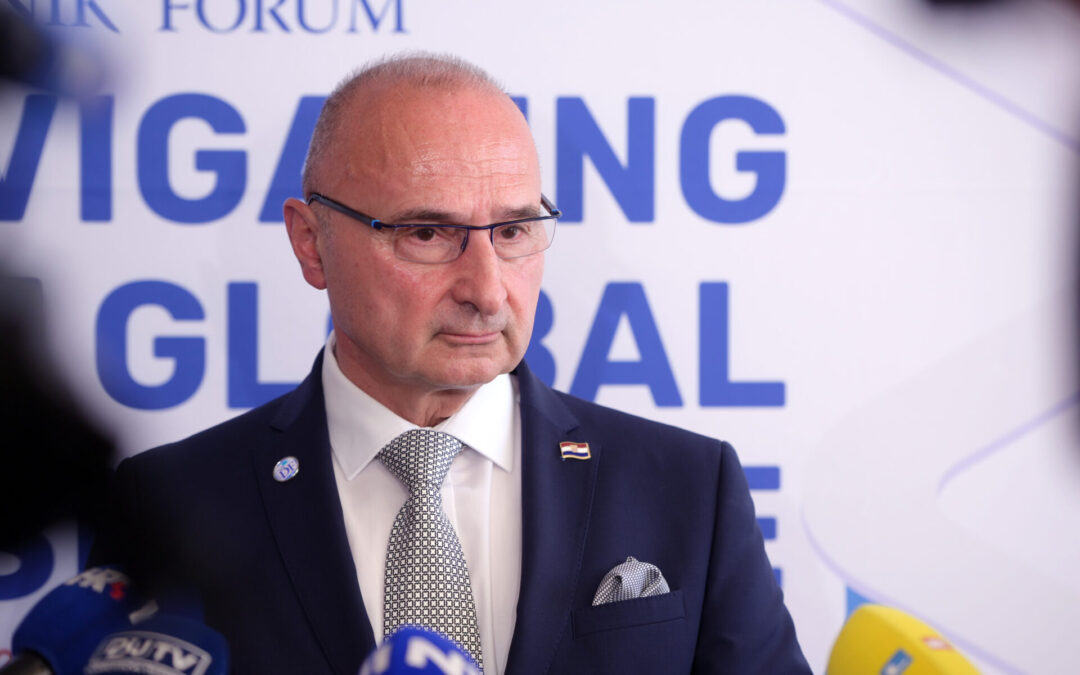VIENNA – Croatian Foreign Minister Gordan Grlić Radman said on Friday that Croatia supports the countries of the Western Balkans in joining the European Union, but on the condition that they meet the criteria set by Brussels, and that their foreign policies align with those of the EU.
“The EU remains open to all countries of the Western Balkans, but their future membership and perspective depend on their own achievements and implementation of reforms, as well as meeting the criteria and benchmarks. Just as Croatia did the same over 11 years ago by doing the hard work,” said Grlić Radman for TV Vienna.
On Friday, as part of the “Friends of the Western Balkans” initiative, he met in Austria with the foreign ministers of Bosnia and Herzegovina, Montenegro, Serbia, Albania, and North Macedonia.
“When we talk about some countries of the Western Balkans, it is important to say that their foreign policy must be 100% aligned, fully, with the European common foreign and security policy,” he said after the meeting held in the medieval Stift Gottweig monastery, 75 kilometers from Vienna.
The meeting, closed to the media, was also attended by the foreign ministers of Austria, Slovenia, Italy, the Czech Republic, Slovakia, and Greece, which are EU members.
“Friends of the Western Balkans” is an initiative launched in 2023 by Austrian Foreign Minister Alexander Schallenberg “with the aim of supporting the EU enlargement process.” The first such meeting was held four months ago in Rome.
“We want to help them with our experience and expertise. Security and the promotion of regional stability, as well as good neighborly relations, are important. That is the foundation,” noted the Croatian minister.
He said it is “necessary to confront the past” and “not to resort to some topics that can further deepen the open wounds of the dissolution of the former state (Yugoslavia).”
“It is necessary to turn to the future and of course resolve open issues, but in the spirit of good neighborly relations and in accordance with the rule of law contained in chapters 23 and 24 (of the EU accession process),” stated Grlić Radman.
He emphasized that for the countries of the “Western Balkans” there will be no “shortcuts” or “political paths”, but “legal” ones prescribed by the EU. (June 21, 2024)
 go to the original language article
go to the original language article
